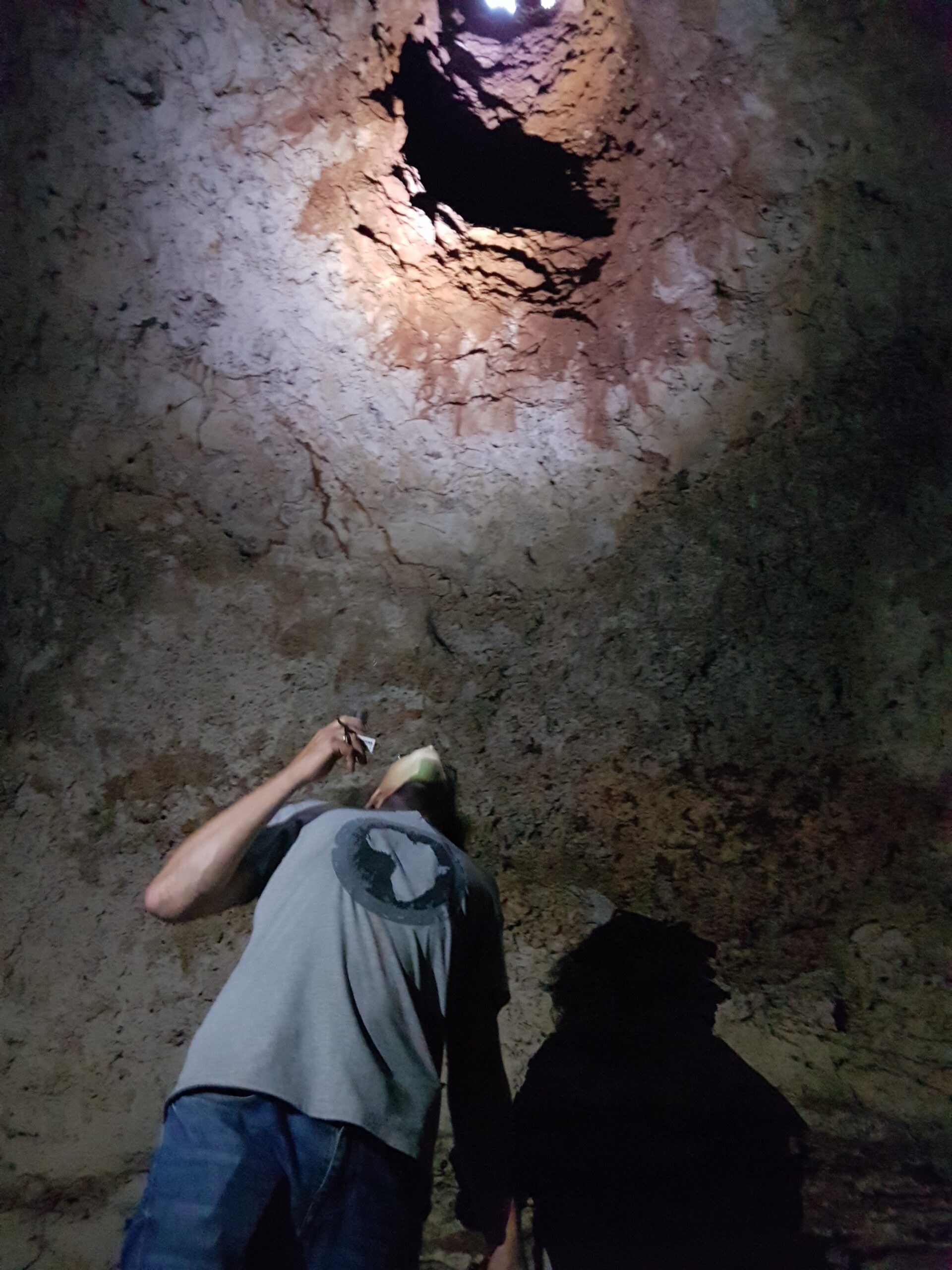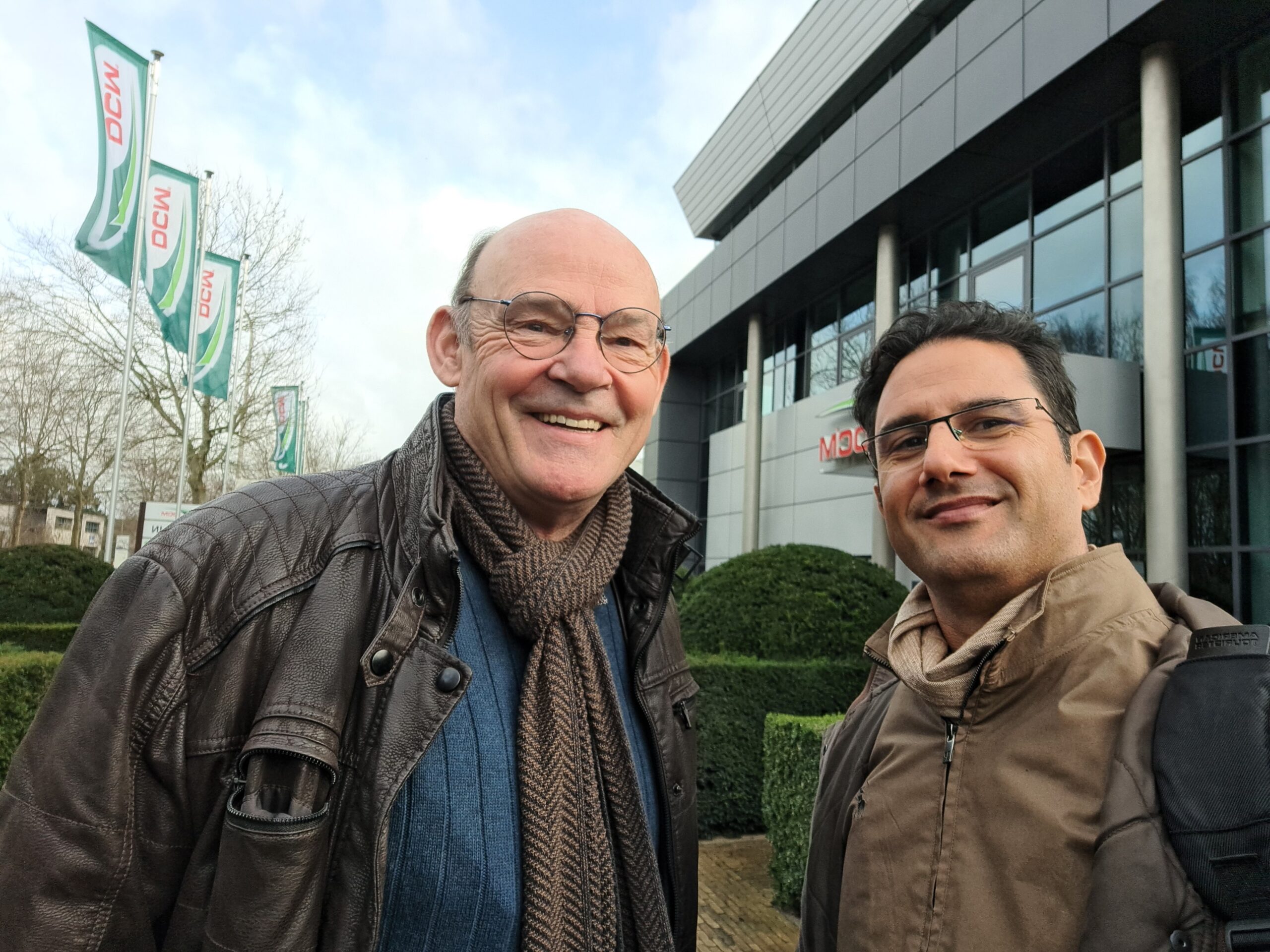Meet Mulweli Rebelo, Exchange BDM & Social Entrepreneur
Meet Mulweli Rebelo. Not only is Mulweli one of our Business Development Managers in Mozambique, he is also a social entrepreneur who started his own company at 22 years old. In the past 15 years, he has been creating and growing various Mozambican enterprises and institutions, both corporate and social organizations. One of these enterprises is GuanoMoz, a Mozambican company producing organic fertilizers derived from bat excrements extracted from caves. The company collects the guano and then cleans, packages and commercializes it.
GuanoMoz recently became a staple of our weekly meetings: Mulweli’s company is now an official Exchange vzw growth programme. We sat down with him to hear the story of his enterprise and the link between entrepreneurship and the work as BDM for Exchange.
As both an entrepreneur and a BDM, you possess a unique perspective. What do you think of the current business climate in Mozambique?
Mulweli Rebelo: The current business climate in Mozambique is characterized by a mix of challenges and opportunities, both influenced by recent economic slowdowns, the impacts of the COVID-19 pandemic, geopolitical events such as the war in Ukraine, and Mozambican issues including insurgency in the north and significant debt arising from corruption cases. Apart from these varied challenges and opportunities, entrepreneurship in Mozambique is notably challenging and growth is often limited due to extensive bureaucracy and entrenched corruption within institutions.

Despite these challenges, the Mozambican government is actively promoting foreign direct investment (FDI) to stimulate economic growth, with a focus on sectors such as infrastructure, mining, tourism, agriculture, and industrial development.
In 2016 you decided to register GuanoMoz. Where did you get the idea and why did you start the company?
I heard about Guano during a family conversation. One of the partners told us that his father was a great explorer of guano in the 1960s, but that he had to stop during the civil war. I googled Guano and found out it had great commercial value and a lot of potential for developing agriculture in Mozambique. Even though I registered the company in 2016, we only started operating in 2017 after getting the mining license - yes, a mining license; we work inside caves and underground tunnels, after all.
Why guano? It is a natural, organic fertilizer rich in nutrients, including nitrogen, phosphate, and potassium, and also has organic matter and microorganisms that contribute to soil enhancement. This means it can be used as an organic fertilizer, or as an activator when combined with chemical fertilizers.

Can you tell us a bit more about the added value of GuanoMoz in the community?
GuanoMoz partners with the local population near the caves who are hired to harvest the guano. This is an opportunity for the population, since there are no employment opportunities in these areas. Additionally, as the agriculture sector benefits from access to natural fertilizers, increased agricultural productivity can lead to further employment opportunities within the sector.
Mozambique's economy is heavily reliant on agriculture, which employs a large portion of the population. Introducing sustainable practices through organic fertilizers like guano can enhance food security, increase income for rural populations, and reduce environmental impact. Moreover, such initiatives can contribute to resilience against climate change by promoting agricultural practices that are less dependent on synthetic inputs and more in harmony with local ecosystems.

You’re working with Exchange as an entrepreneur this time, not as a BDM. What is your goal for this programme?
My goal with Exhange’s support is to learn how to improve our product. We currently sell pure guano in powder format and would like to blend it with other organic raw materials and convert to pellets.
We also want to produce a variety of products, aimed at specific crops: organic sugar, horticulture, flowers. Ultimately we want to have a more professional product that will allow us to increase our market share in Mozambique, as well as export to neighboring countries.
How does it feel to stand on the other side of our work, being supported by your fellow BDM?
I feel I am able to get a lot more value, having seen first hand various entrepreneurs receiving support and understanding the unique opportunity this type of assistance can have to a company. Having my fellow BDM supporting the company is also very useful, particularly since we have developed a long standing relationship; Elena already knows the company from its inception, so she is able to contribute with ideas and even links to partners within the Mozambican context.
Several of our BDMs are also entrepreneurs. Do you think there’s a correlation? Is being an entrepreneur yourself an advantage or even a prerequisite to working with Exchange?
Yes, I believe it is important for BDMs to have entrepreneurship experience if they are to help businesses, but I wouldn’t say it’s a prerequisite. Particularly since the primary role of a BDM is to facilitate coordination between Exchange, the local entrepreneur and the experts that visit, while also assisting with logistics. I think it is important for Exchange to have a balance of BDMs that range from entrepreneurs, private sector, and even working in NGOs or governmental bodies, to collectively have a better understanding of how to help Entrepreneurs. I felt this during the Exchange summits in Ethiopia, where the contribution from BDMs working in various sectors brought a lot more value to the discussions.
